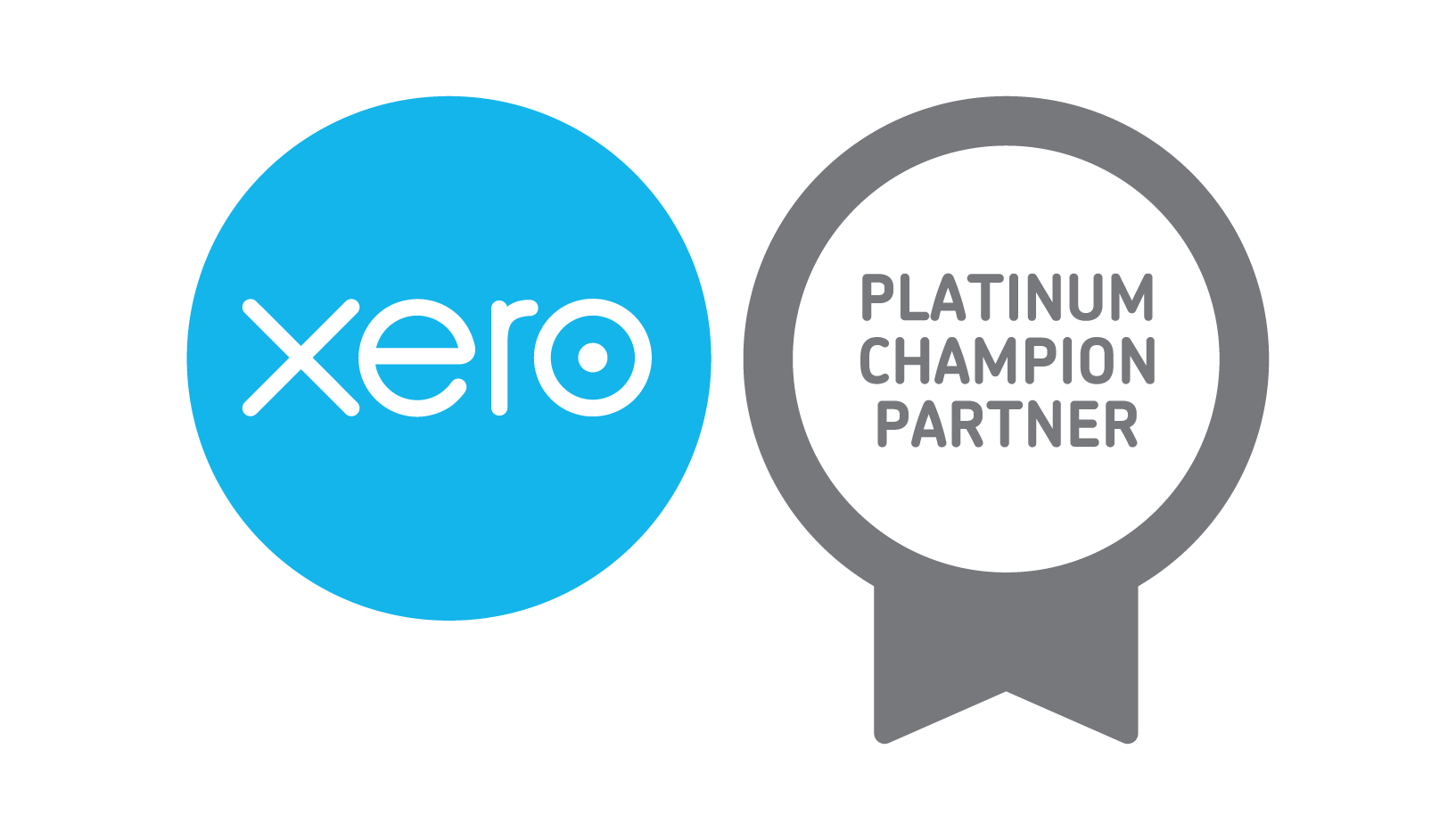28 June 2021
If you are new to the world of receiving exempt benefits this post will help you to understand what they are and outline a couple of the most common way that churches pay them. Your church will have made an assessment of whether you are eligible to receive exempt benefits (for more on this see the ‘Providing Exempt Benefits’ post). If you are eligible, it means that you are able to receive a portion of your remuneration tax-free. This amount will be paid to you via a different mechanism to your taxable remuneration (i.e. it cannot be paid to you in cash). Your exempt benefits must be used for personal expenses that you incur. Historically there has been a list of eligible uses but there are no legal restrictions on their use. There are a couple of exceptions that should be noted. Exempt benefits cannot: Be accessed as ‘cash’, which includes accounts where you are able to draw down that. benefit as cash. This includes a line of credit on a home loan or a cash advance on a credit card. Used to make additional payments into your super. For donations, including offerings and tithes. To pay for fines (speeding, parking, tax debt etc). For any expenses that are claimed as tax deductions. There are a number of ways that you can receive your exempt benefits, each with their advantages and potential disadvantages. The options that are available to you will be determined in part by the administrative capacity of your church. You may also be able to use a combination of options to suit your specific circumstances. Option 1 – your exempt benefits are paid onto a salary packaging debit card This is the simplest method for receiving your exempt benefits. Salary packaging debit cards are issued by Baptist Financial Services or the major banks and are designed specifically to meet the needs of religious practitioners and others who receive similar benefits. Your church would pay the exempt benefit portion of your salary onto the debit card and then it would be available for you to spend on your living expenses. There is no need to maintain or submit receipts. Limitations include: A possible cap on the amount that can be maintained on the card Transaction fees You do not receive back the GST Option 2 – your church reimburses you for exempt benefit expenditure The church maintains a running balance of the exempt benefits owed to you and you submit claims or request reimbursement for your exempt benefit expenditure. You will need to maintain and submit tax invoices with your claim. There may be a mechanism for you to be reimbursed for the GST portion of your claim (your church will need to be registered for GST and have a policy of returning the GST to the Pastor, something which they are not obligated to do). Limitations include: Time and effort taken obtain receipts and prepare the claim More administration on the part of the church Option 3 – your church makes home loan, car loan or rent payments on your behalf If you provide the details to your church they may be able to facilitate payments on your behalf from your exempt benefits. If you choose this method it is important to note that you cannot subsequently withdraw cash (from a re-draw facility for example). If you do then the cash becomes taxable income. Limitations include: There is generally no GST on such payments, hence you miss out on the benefit of receiving it back Tax implications should you ever want to access any re-draw on your mortgage A note about Centrelink If you are receiving family tax benefits or Centrelink payments be aware that you need to communicate very clearly about your exempt benefits. While there is no direct cash benefit, exempt benefits can fall within Centrelink’s income tests. In your communication make sure they know you are a ‘minister of religion’ and be prepared with the details of the benefits you receive. Sources: http://www.addministry.org.au/Documents/Docs/Fringe_Benefits_for_Churches_2019.pdf https://www.corneyandlind.com.au/resource-centre/fringe-benefits-centrelink/






























